Here in BC we didn’t want another reminder of our changing climate and its effects but we got it anyway… The floods of November 2021 will rank as one of the most costly natural disasters in Canadian history and the impacts will be with us for years to come.
Water is a critical resource to British Columbians and one of the goals of BC’s forest practice regime is to ensure that forestry practices do not harm important water resources. However, there is a lot of concern from the public that our practices are not good enough and that water stewardship needs to be improved.
The province recently released a discussion paper inviting comment on the development of a watershed security strategy. Because the Forest Practices Board often receives complaints about management of water, we prepared a report that summarizes what we have seen and recommends how forest practices can better protect water resources.
The Board has commented previously on how our current regime does a good job of providing fish passage and protecting riparian ecosystems on most streams. However, there are gaps in our current regime which create risks to water resources.
I encourage everyone with an interest in water resources to read the Province’s discussion paper, read our report and then contribute to the discussion about how forest practices can change to improve stewardship of our water resources. (https://engage.gov.bc.ca/govtogetherbc/consultation/watershed-security-strategy-and-fund-discussion-paper/)
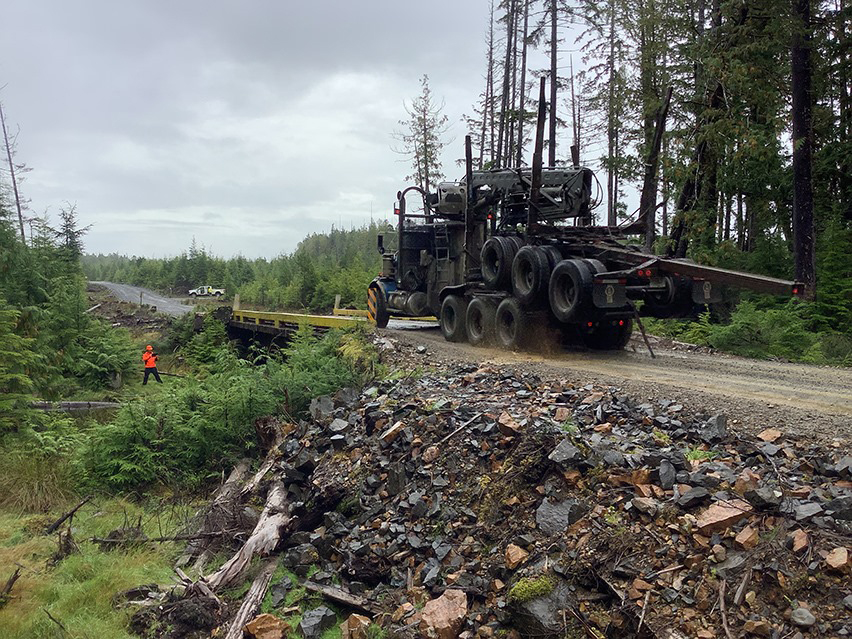 In 2021, Board auditors completed the fieldwork for eight audits. The final audit of a Canfor forest licence near Mackenzie, BC wrapped up in late October, just as the first snow blanketed the area. This year, auditors travelled to Haida Gwaii, Terrace, New Hazelton, Whistler, Castlegar, Quesnel, and Revelstoke. Audits covered a range of different licences held by major forest companies, range tenure holders, First Nations and a community forest. Two audits examined the BC Timber Sales program. In total, the seven forestry audits looked at 4,000 km of forestry roads and 134 cutblocks. Analysis of the results is ongoing and the final audit reports will be published over the next few months.
In 2021, Board auditors completed the fieldwork for eight audits. The final audit of a Canfor forest licence near Mackenzie, BC wrapped up in late October, just as the first snow blanketed the area. This year, auditors travelled to Haida Gwaii, Terrace, New Hazelton, Whistler, Castlegar, Quesnel, and Revelstoke. Audits covered a range of different licences held by major forest companies, range tenure holders, First Nations and a community forest. Two audits examined the BC Timber Sales program. In total, the seven forestry audits looked at 4,000 km of forestry roads and 134 cutblocks. Analysis of the results is ongoing and the final audit reports will be published over the next few months.
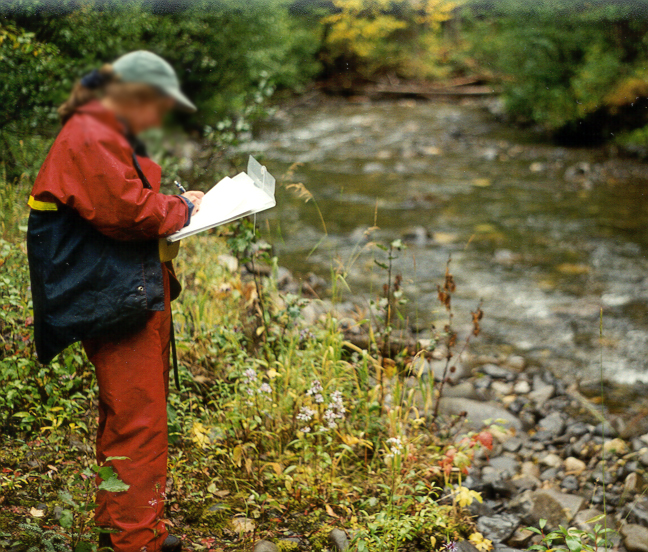 The Board has published a special report on water and forest practices. This report is the Board’s contribution to government’s public engagement on a new Water Stewardship Strategy for BC. The report is based on the Board’s past work auditing and investigating forest practices and the effects on other water values including drinking water, fish habitat, infrastructure and private property. Based on this work, the report identifies the four most common issues and identifies four opportunities for improvement to the management of water, potentially through the Watershed Security Strategy.
The Board has published a special report on water and forest practices. This report is the Board’s contribution to government’s public engagement on a new Water Stewardship Strategy for BC. The report is based on the Board’s past work auditing and investigating forest practices and the effects on other water values including drinking water, fish habitat, infrastructure and private property. Based on this work, the report identifies the four most common issues and identifies four opportunities for improvement to the management of water, potentially through the Watershed Security Strategy.
The Board will be hosting a webinar for interested people to learn more about the report and the opportunities for improvement to water management and forest practices identified by the Board. Watch for details about this event on our website and social media.
You can learn more about Board reports at webinars, some hosted by other organizations and one we will be hosting on our Special Report on Water.
January 31, 2022 - BC Trappers Association Webinar on Fisher
This webinar took place on January 31 and featured three Forest Practices Board complaint investigations involving fisher habitat. The webinar will be made available by the BC Trappers Association in the near future.
February 22, 2022 - BC Wildlife Federation webinar on the Forest Practices Board’s special report on water. More Information
Early March 2022 (TBC) – The Forest Practices Board is hosting a webinar on our water report. More Information
In addition to its mandated audits and public complaint investigations, the Board also has the authority to conduct special investigations of forest practices and the Board Chair may issue special reports that relate to the work of the Board in audits and complaint investigations. The special projects program is where the Board can choose which topics it looks at, and the program is guided by the Board’s strategic plan. A strategic priority in the current plan is preparing for the future by looking at issues that will drive future forest practices. One of the key issues is wildfire and the increase in fires that may result from climate change. In line with this theme, the Board recently approved two topics for special projects, and terms of reference for these projects are being developed. The Board has also approved a third project focused on range practices and work on that project is now underway.
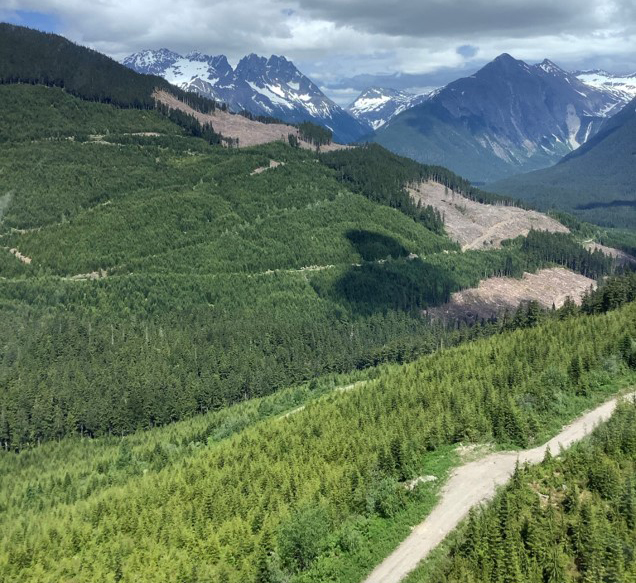
More forests burned in the past 5 fire seasons than nearly the previous 45 years combined. Thanks in part to existing and anticipated changes in climate, we can expect fires to become more frequent, larger, and more severe in British Columbia. Management of forests needs to shift to address the future risks that fire creates by managing for fire at a landscape level.
Recent changes to the Forest and Range Practices Act (FRPA) require a Forest Landscape Plan to consider the objective to prevent, mitigate and adapt to the impacts of wildfire. This special report will examine the opportunity to integrate forestry at a landscape level into fire management to ensure practices on the ground effectively contribute to wildfire risk reduction.
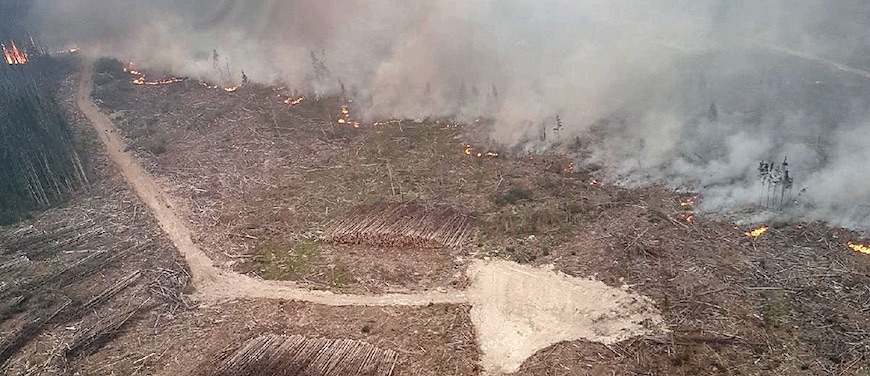
Prescribed burning is a well-known and cost effective way to reduce forest fuels, but it has not been widely practiced in BC for over 30 years. This is despite the fact that prescribed fire is known to mitigate wildfire risk, help restore and enhance forest and range, and is a culturally significant practice for many Indigenous communities across BC. Several factors, including policies, limited prescribed burning knowledge and practice, and public opinion are believed to have contributed to the drastic decline in use of prescribed fire. This special investigation will focus on Section 23 of the Wildfire Regulation (resource management, open fires) and examine barriers in policy, practice and public opinion to using fire for resource management purposes, offering solutions for government and practitioners to overcome them.
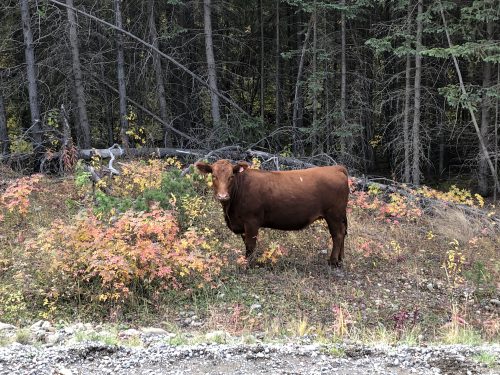
The Range Planning and Practices Regulation (RPPR) includes six objectives that express government’s intentions for stewardship and economic benefits of the range resource. There is a critical link between the objectives for range and the allocation of forage for grazing made under the Range Act. For example, if the allocation of forage is set too high, then achievement of government’s objectives in FRPA could be compromised. This special report will determine if government has a credible and systematic approach to measure and allocate forage on rangelands without causing damage to FRPA values. Those values include riparian areas, wildlife habitat and soils, and Indigenous interests. The special report will examine how well this process contributes to achievement of government’s objectives for range in the RPPR.
FRPA and the Wildfire Act provide for appeals of certain government decisions to the independent Forest Appeals Commission (e.g., approval of forest stewardship plans and contravention determinations). The Board may initiate appeals of certain decisions (in which case it becomes the “appellant”), or join appeals initiated by others (in which case it becomes a “third party”). The Board is given the authority to get involved in appeals to represent the public interest in matters, which may not be brought forward for consideration by the other parties in the appeal. This approach is more efficient than having individual members of the public get directly involved in appeals.
The Board is participating in Canfor’s appeal of a Wildfire Act determination to the Forest Appeals Commission. The fire centre manager found Canfor in contravention of section 5(1) of the Wildfire Act and sections 22(2) and 22(3) of the Wildfire Regulation. The appeal addresses numerous issues and the Board is most interested in the issue of due diligence. The hearing of the appeal is scheduled for November 2022 and the Board intends to make submissions on the defence of due diligence and the standard that applies to a person who conducts debris pile burning.
In December 2021, the Board appealed a FRPA determination to the Forest Appeals Commission. The district manager found a forestry licensee in contravention of sections 52(1) and 52(3) of FRPA for harvesting and removing Crown timber from outside of the licensee’s tenure area. The district manager levied a $12,000 administrative penalty for the contraventions. The Board is concerned that the penalty amount is too low in the circumstances and will submit to the Forest Appeals Commission that a higher penalty amount is appropriate. In particular, the Board will argue that the penalty does not adequately reflect the economic benefit that the licensee derived from the contraventions, the deliberate nature of the contraventions and the gravity and magnitude of the contraventions. The Board expects that the Commission will schedule the written hearing for early summer 2022.
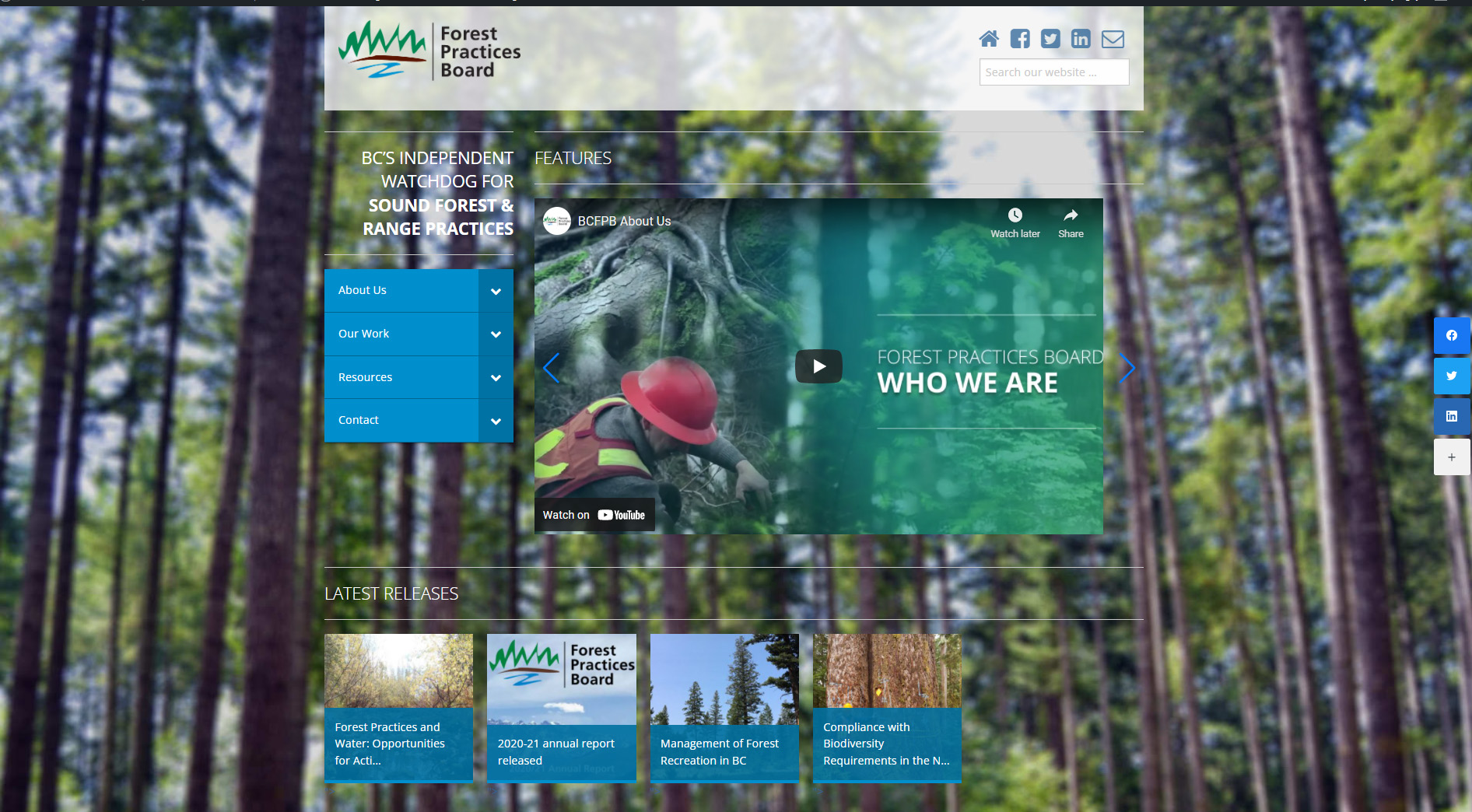 At the end of 2022, we launched our updated website. We have streamlined the site, reduced the number of menus and made it easier to find Board reports. Our website is home to over 600 reports issued by the Board since its inception. You can also find recommendations the Board has made and responses to those recommendations from government and industry, view our annual reports and read past issues of this newsletter. Learn more about what we do, what projects we are currently working on and who our staff and Board members are. We would love to know what you think of our site, so send us an email through the contact page on the site.
At the end of 2022, we launched our updated website. We have streamlined the site, reduced the number of menus and made it easier to find Board reports. Our website is home to over 600 reports issued by the Board since its inception. You can also find recommendations the Board has made and responses to those recommendations from government and industry, view our annual reports and read past issues of this newsletter. Learn more about what we do, what projects we are currently working on and who our staff and Board members are. We would love to know what you think of our site, so send us an email through the contact page on the site.

Sean Currie began a 3-month co-op placement with the Board in mid-January. Sean has a degree in Geography and is currently completing his Masters in Management at UVIC. He also worked as a wildland fire fighter last summer. Sean is working on our indigenous engagement strategy and will be helping to develop appropriate communications materials to support our Indigenous engagement efforts. He is also helping the Board to develop some modern communication content and communication approaches for Board reports, such as visual storytelling, video clips, images and other visual materials for use on social media.

After 26 years at the Forest Practices Board, Chris Mosher is hanging up his auditor’s clipboard, retiring his caulk boots and stanfields and cruising off into the Margaritaville (or is that Mosheritaville?) sunset. Chris’s departure will bring a huge change for the Board, as he has been an integral part of our audit program since 1996. He has been the Auditor of Record for over 200 audits, has attended more than 250 Board meetings, and has worked with every Board member and chair we have ever had. He leaves us with a solid forest and range practices audit program that is recognized for its field focus and credibility both here in BC and abroad. Enjoy your well-deserved retirement Chris!
